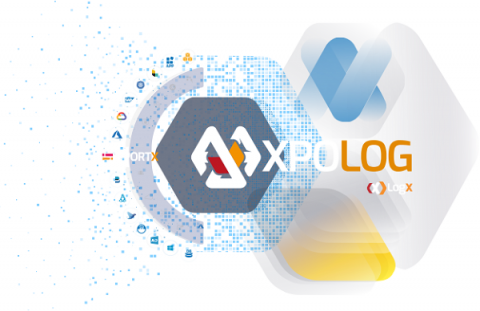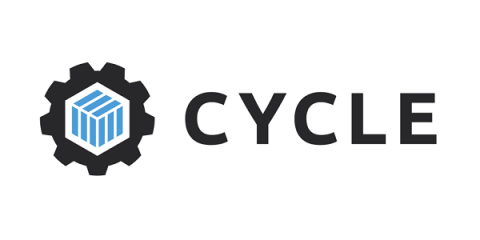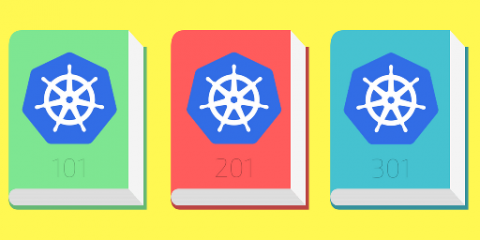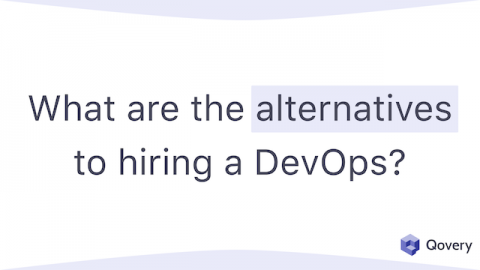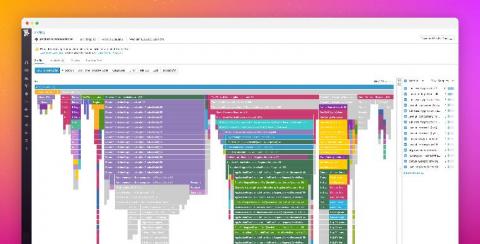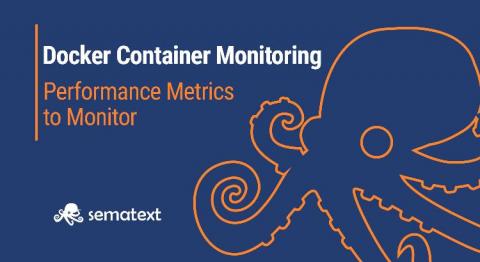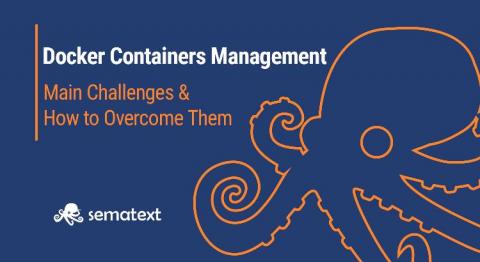DevOps Metrics: 7 KPIs to Evaluate Your Team's Maturity
Measuring the maturity of your DevOps team might sound difficult, but it isn’t at all. Simple key performance indicators (KPIs), such as the deployment success rate or mean time between failure, give a good indication of the maturity of your DevOps team. By “mature,” I mean that your team consistently and smoothly operates at a high level and can deploy several times a day with very little risk.


